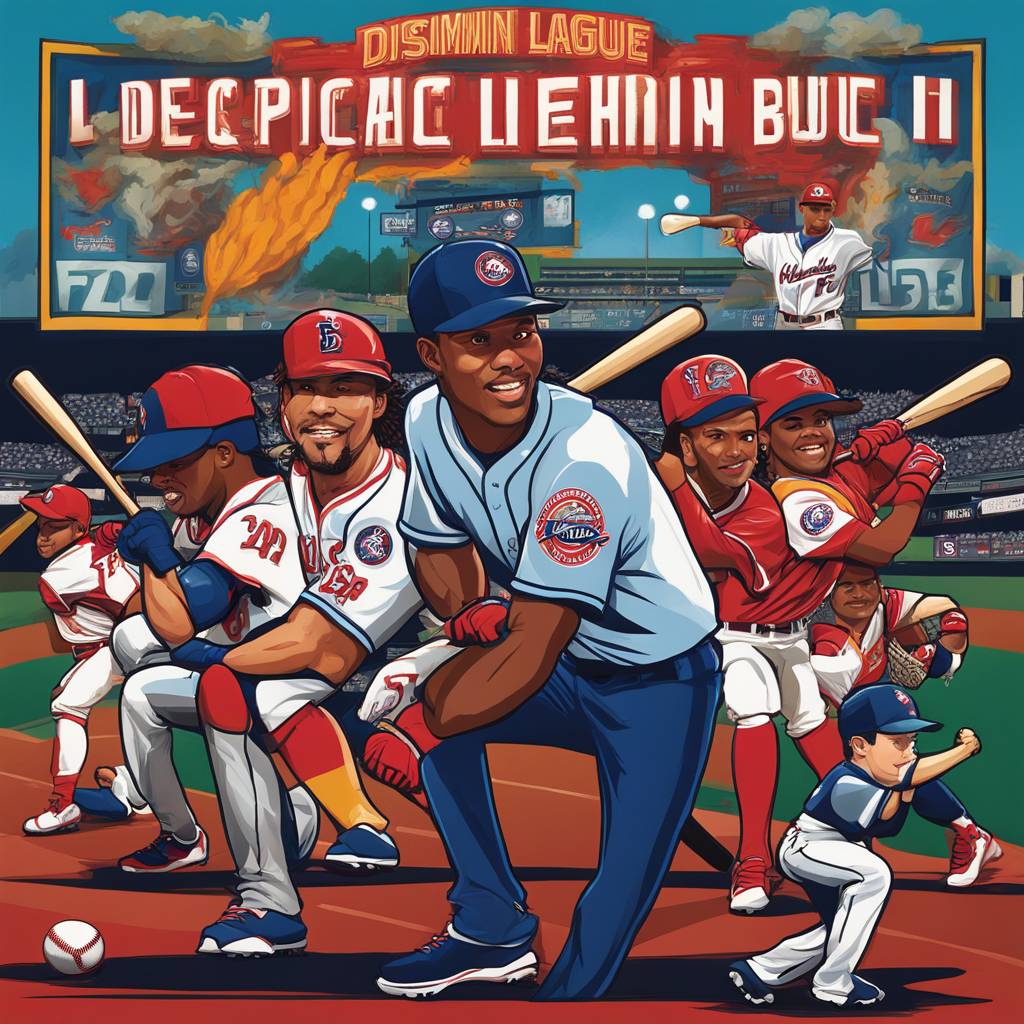The Fresno Grizzlies, a minor league affiliate of the Colorado Rockies, recently faced a discrimination lawsuit over a “Ladies Night” promotion that took place last season. The lawsuit, filed against the team, focuses on an event from May 25, 2023, in which female fans were allowed free entry into Chukchansi Park while men and “nonbinary persons” were required to pay for admission. The male plaintiff in the case, Harry Crouch, paid $18 to enter the stadium, while the female plaintiff, Christine Johnson, was admitted for free. The plaintiffs’ attorney, Alfred Rava, criticized the promotion, stating that it sexualized female fans and discriminated against fans of all genders based solely on gender.
Kevin Little, an attorney in Fresno, highlighted the potential violation of the Unruh Act by organizations that hold similar events. The Unruh Act in California prohibits discrimination by all businesses, including housing and public accommodations, on the basis of various protected categories such as age, ancestry, disability, religion, sex, and sexual orientation. The lawsuit against the Fresno Grizzlies points to this legislation as a basis for challenging the “Ladies Night” promotion. The team did not immediately provide a comment in response to the lawsuit when contacted by Fox News Digital.
Despite the controversy surrounding the “Ladies Night” promotion, the Fresno Grizzlies emerged victorious in their game against the Stockton Ports, winning 10-2 in a competitive match. However, the team has decided not to include a Ladies Night event on their schedule for the 2024 season, signaling a departure from the promotion that sparked the discrimination lawsuit. Fans of the Grizzlies and minor league baseball in Fresno can look forward to a season free from the controversy surrounding gender-based promotions in light of the legal challenge faced by the team.
The lawsuit against the Fresno Grizzlies and the subsequent attention drawn to their “Ladies Night” promotion serve as a reminder of the importance of adhering to anti-discrimination laws in the realm of sports and entertainment. The legal challenge underscores the potential risks faced by organizations that implement gender-based promotions, as evidenced by the scrutiny faced by the Grizzlies over their event. Moving forward, it is crucial for businesses, including sports teams, to ensure that their activities are inclusive and respectful of individuals of all genders, in compliance with relevant legislation to avoid potential legal repercussions.
The situation involving the Fresno Grizzlies highlights broader issues of misogyny, exorsexism, and misandry in the context of gender discrimination in sports and entertainment. By subjecting female, nonbinary, and male fans to unequal treatment based solely on their gender, the team’s promotion inadvertently perpetuated harmful stereotypes and reinforced gender biases. The legal action taken against the Grizzlies sheds light on the need for greater awareness and sensitivity towards gender equality in all aspects of society, including the world of sports. The case serves as a cautionary tale for organizations seeking to create promotional events in a manner that is fair, inclusive, and respectful of diverse identities.
Looking ahead, the Fresno Grizzlies and other sports teams may benefit from reevaluating their promotional strategies to ensure that they align with principles of inclusivity and non-discrimination. By prioritizing diversity and equity in their marketing and event planning, organizations can foster a welcoming and supportive environment for fans of all backgrounds. The legal dispute surrounding the “Ladies Night” promotion serves as a catalyst for reflection and change within the sports industry, prompting a reexamination of practices that may inadvertently perpetuate harmful stereotypes or exclude certain segments of the fan base. As the conversation around gender equality in sports continues to evolve, there is an opportunity for teams and leagues to lead by example and promote a culture of respect and inclusion for all individuals, regardless of gender identity.


